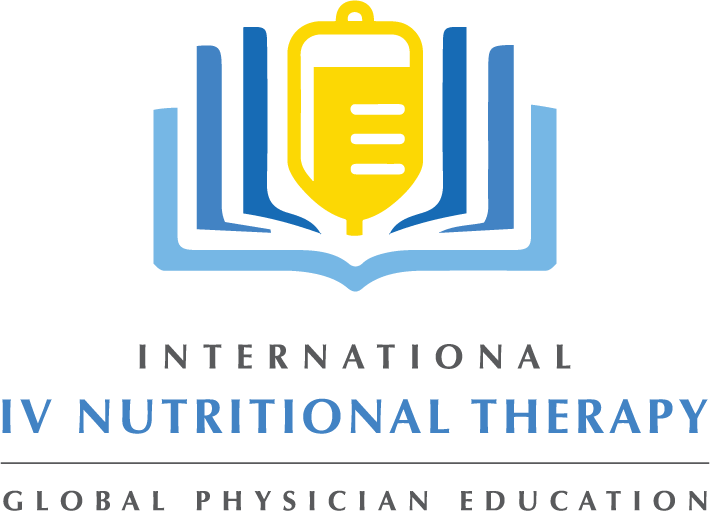Posted by Dr Dan Carter, September 17, 2015
We cover all of the clinically significant amino acids in our advanced IV seminars. New information is constantly being generated and indexed on PubMed; this information is incorporated into our seminars so it is worthwhile to update your IV nutrient knowledge periodically – we recommend updates at least every five years.
Adv Wound Care (New Rochelle). 2014 Nov 1;3(11):691-707.
Micronutrients, Arginine, and Glutamine: Does Supplementation Provide an Efficient Tool for Prevention and Treatment of Different Kinds of Wounds?
Ellinger S.
Abstract
Significance: Wound-healing complications are a clinical problem with a considerable socioeconomic burden. Since several nutrients play a physiological role in wound healing, supplementation of these nutrients may improve wound healing. Recent Advances: Oral nutritional supplements and enteral formulas providing arginine, glutamine, and micronutrients such as ascorbic acid and zinc should improve the healing of pressure ulcers (PU) and the healing of surgical, traumatic, and burned wounds. Is their efficacy proved from clinical intervention trials? Critical Issues: Formulas that are rich in energy, protein, arginine, vitamin C, and zinc can improve PU healing, whereas their efficacy for PU prevention is less clear. High-dose supplementation of vitamin C, zinc, and pantothenic acid may improve the healing of surgical wounds in healthy subjects. Arginine lowers the risk of fistulas in patients undergoing elective surgery due to gastrointestinal cancer. However, formulations also enriched with n-3-fatty acids and ribonucleic acids lower the risk of several wound complications, thus being more effective than isolated arginine. Glutamine and antioxidant micronutrients (vitamin C and E, zinc, selenium, and copper) can improve the healing of surgical, traumatic, and burned wounds. Future Directions: Considerable evidence suggests that formulations, indicated especially for critically ill patients, support the healing of PU and the healing of surgical and burned wounds. However, their optimal composition with regard to the dose of individual components has to be determined in future studies. Further well-designed trials should investigate the impact of certain nutrients for the prevention of PU and for the healing of surgical wounds in healthy subjects.
PMID: 25371852

